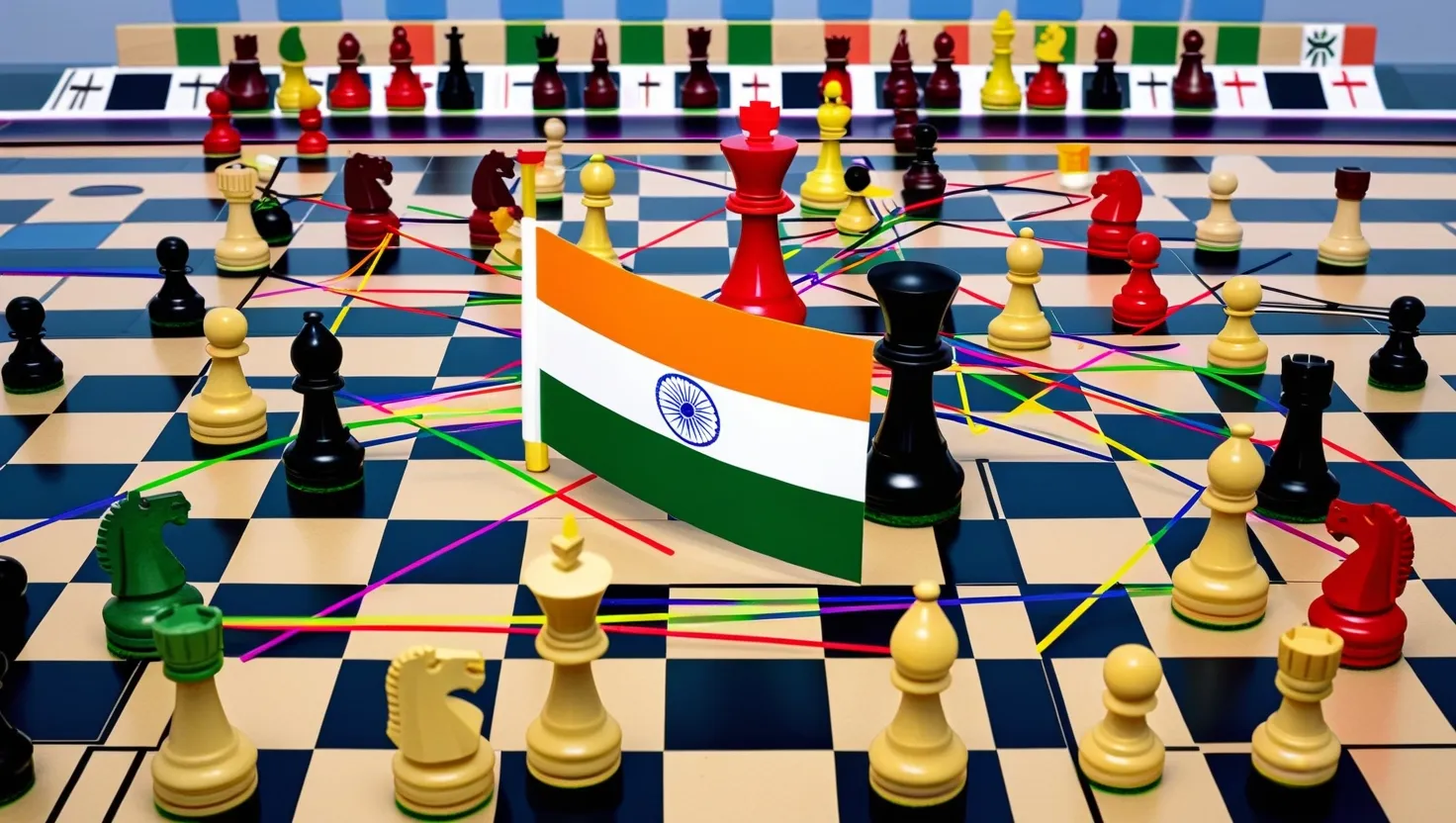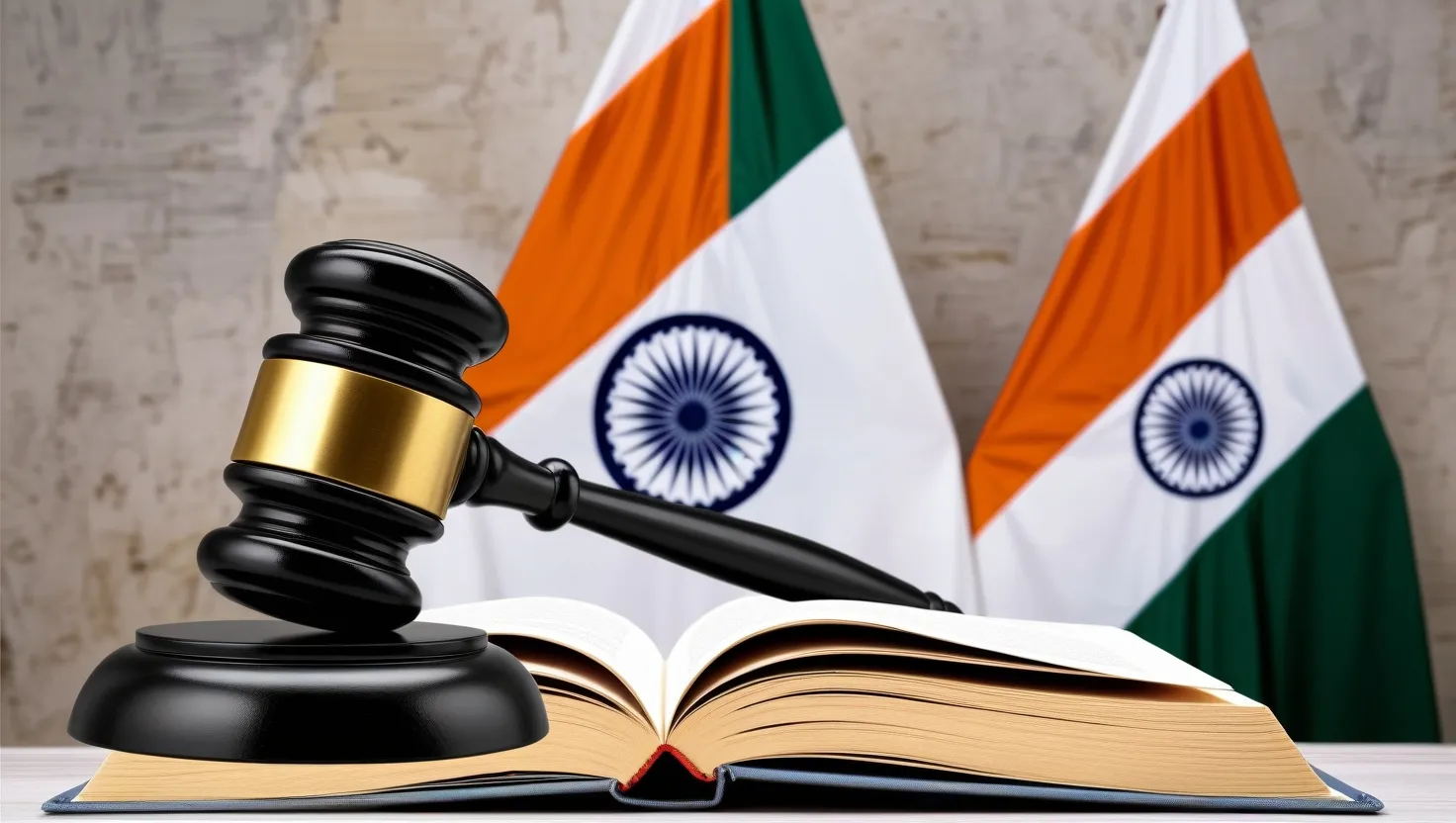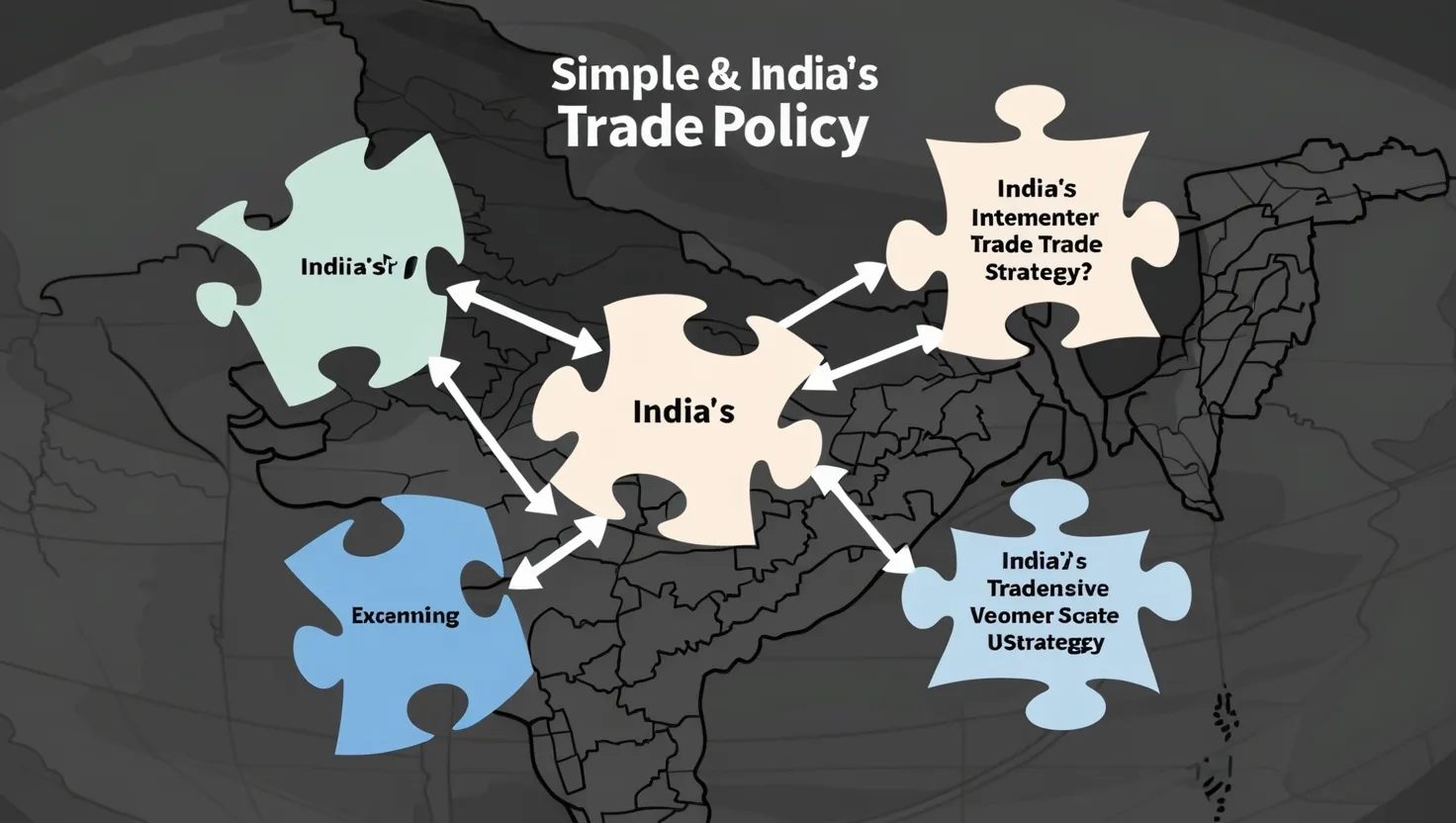As I reflect on the intricate landscape of global politics, it’s clear that India’s foreign policy has been undergoing a significant transformation, driven by a series of strategic and diplomatic moves. These initiatives are not just about asserting India’s presence on the world stage but also about carving out a unique niche that balances multiple interests and challenges.
The Quad Alliance: A Cornerstone of Indo-Pacific Strategy
India’s participation in the Quadrilateral Security Dialogue, or the Quad, is perhaps one of the most visible aspects of its foreign policy. This alliance with the United States, Japan, and Australia is more than just a diplomatic forum; it has evolved into a robust platform for addressing regional security and stability, particularly in the face of China’s growing influence. The Quad’s recent initiatives, such as the Quad Ports of the Future Partnership, aim to develop sustainable and resilient port infrastructure, directly countering China’s Belt and Road Initiative.
What’s often overlooked is the nuanced approach India brings to the Quad. While the U.S., Japan, and Australia are primarily focused on the Western Pacific, India’s attention remains firmly on the Indian Ocean Region. This dual focus allows India to secure its immediate backyard while maintaining a strategic presence in the broader Indo-Pacific. The Quad-at-Sea Ship Observer Mission, for instance, enhances interoperability among the members’ coast guards, improving maritime safety and security.
Expanding Ties with Middle Eastern Nations: The I2U2 Group
India’s engagement with the Middle East, particularly through the I2U2 group (India, Israel, the UAE, and the United States), marks a significant shift in its foreign policy. This grouping is not just about economic cooperation but also about fostering a strategic alliance that addresses common security concerns. India’s deepening relationship with Israel is a prime example, as seen in its recent stance on U.N. resolutions regarding Israel.
The I2U2 initiative also highlights India’s ability to forge alliances that transcend traditional geopolitical boundaries. By working closely with Israel and the UAE, India is able to leverage these relationships to enhance its presence in West Asia. This is particularly important given India’s historical ties with Iran and its ongoing interests in Afghanistan and Central Asia. The visit by India’s External Affairs Minister to Iran earlier this year underscores the delicate balancing act India must perform in this region.
Balancing Act Between Russia and the West
The Ukraine conflict has thrown global geopolitics into a tailspin, and India’s response has been a masterclass in diplomatic finesse. While India has maintained strong ties with Russia, a key provider of arms and technology, it has also been cautious not to alienate Western powers. This balancing act is crucial, as India seeks to ensure it does not get drawn into the conflict while still securing its strategic interests.
India’s abstention from U.N. resolutions condemning Russia’s actions in Ukraine is a testament to this delicate dance. At the same time, India has been strengthening its ties with European countries, particularly those with right-wing governments that share similar concerns over immigration and Chinese influence. This ideological resonance allows India to find common ground with these nations, potentially leading to a more robust partnership in the future.
Strengthening Relations with African Countries
India’s engagement with Africa is another facet of its foreign policy that deserves attention. Through development partnerships and economic cooperation, India is slowly but surely building a strong presence on the continent. This is not just about economic gains but also about fostering a sense of global citizenship and responsibility.
India’s approach to Africa is characterized by a focus on capacity building, infrastructure development, and technological cooperation. By providing training and technical assistance, India is helping African countries build their own capabilities, rather than simply imposing its own solutions. This approach not only strengthens bilateral relations but also enhances India’s reputation as a responsible global player.
Climate Change and Global Commitments
Climate change is one of the most pressing global issues, and India’s stance on it is both pragmatic and principled. At global forums, India has been a vocal advocate for climate justice, emphasizing the need for developed nations to take greater responsibility for reducing emissions.
India’s commitment to renewable energy is a significant aspect of its climate policy. The country has set ambitious targets for solar and wind power, and its initiatives in this sector are being closely watched by the international community. By leading by example, India is pushing the global agenda on climate change, even as it negotiates for more equitable distribution of resources and responsibilities.
Countering China’s Influence in South Asia
One of the most challenging aspects of India’s foreign policy is countering China’s growing influence in South Asia. China’s Belt and Road Initiative has been instrumental in expanding Beijing’s reach across the region, often at India’s expense.
India’s response has been multifaceted. Through initiatives like the International North-South Transport Corridor and the India-Middle East-Europe Corridor, India is enhancing connectivity across borders, reducing its dependency on China for critical resources. The recent disengagement along the Line of Actual Control with China has also allowed India to focus more on its broader strategic objectives, including strengthening its maritime security in the Indo-Pacific.
The Broader Implications
These foreign policy moves are not isolated events but part of a larger strategy that aims to position India as a global leader. By engaging in plurilateral and multilateral initiatives, India is creating a web of relationships that enhance its geopolitical standing.
The challenges are numerous, of course. Balancing multiple alliances, managing conflicting interests, and ensuring strategic autonomy in a multipolar world are just a few of the hurdles India faces. However, the opportunities are equally compelling. By leveraging its unique position and forging innovative alliances, India is carving out a distinct role for itself on the global stage.
As I look at these initiatives, it’s clear that India’s foreign policy is not just about reacting to global events but about shaping them. It’s a story of strategic vision, diplomatic acumen, and a deep understanding of the complexities of global politics. In this ever-changing world, India’s approach to foreign policy is a beacon of hope and a testament to the power of careful and considered diplomacy.






